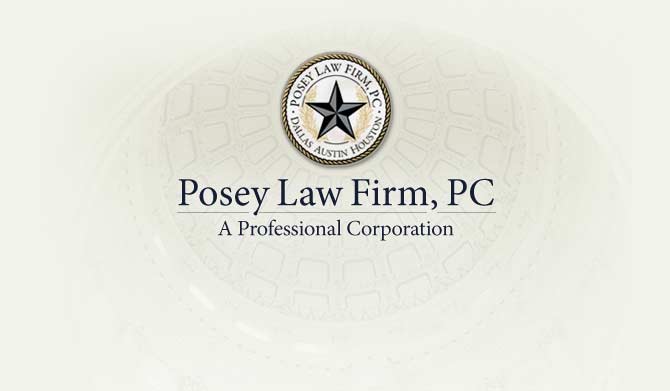Establishing and operating a business is a touchstone of the American Dream. According to a survey commissioned by the University of Phoenix, "more than half of working Americans own a business or want to be a business owner." Reportedly there are 28,443,856 small business in the United States, employing over 56 million workers ̶ more than 1/3 of the country's domestic workforce. But how should a business best be structured for a given individual's goals and needs? What business structures are available?
When starting a business, many people rush headlong into the process without considering how the business should be organized. Choosing the best entity for your business is vital to its long-term success. Your choice may determine who and how many shareholders and/or partners the business can have, its equity structure, management and controlling interest and funding it may be eligible to receive. It's important to pick the right entity at the beginning. If the business subsequently transforms into another entity there likely will be tax and regulatory consequences.
Yet markets, regulatory climates and even the addition of new business partners or members can be hard to foresee years down the road. Since business practices, management and structures transform over time, a review of available entity options may be appropriate in order to take advantage of new tax and regulatory laws
Remember that entity choice is not regulated at the federal level; businesses are organized or incorporated at the state level. Each state's laws regarding corporations, LLCs, etc. differ substantially. Here I'll limit my discussion to business entities in the state of Texas.
Per the office of the Texas Secretary of State, which regulates businesses in the state, your business will fall under one of these six entity types below:
Sole Proprietorship ̶ the most widespread and simplest form of business.
General Partnership ̶ an entity created when two or more people join together to run a business for profit.
Corporation ̶ characterized by limited liability, centralized management, perpetual duration and ease of conveyance of ownership interests.
Limited Liability Company (LLC) ̶ an entity with the attributes of both a corporation and a partnership.
Limited Partnership ̶ a Texas limited partnership is a partnership formed by two or more people with one or more general partners and one or more limited partners and conforms to a partnership agreement that dictates the limited partnership's affairs and business conduct.
Limited Liability Partnership ̶ an entity used to limit the liability of either a general or limited partnership.
Particularly when considering entities such as corporations, LLCs or partnerships, it's crucial to consult with a qualified attorney to discuss flexibility of management structure, tax treatment and liability issues.
As a small business owner, you may want to explore the possibility of electing your business to be taxed as an "S" corporation. Why? S corporations can pay out "reasonable" compensation to its owners and treat the remainder as a distribution, which are not subject to payroll taxes. The tax savings can be substantial since usually in a small business both employer and employee payroll taxes are drawn from the same well of money. The key word here is "reasonable"; don't let greed trigger an IRS audit.
I would be remiss if I did not mention that your choice of corporate entity may differ from your tax entity. Incorporation in the state of Texas does not designate a tax election with the IRS. Also note that the IRS designates sole proprietorships, partnerships and LLCs as "pass-through entities." All profits and losses "pass through" to the owners, who report the information on their personal tax returns.
I'm attorney Jake Posey of the Posey Law Firm and my primary practice location is Austin, Texas. My practice areas include both commercial and business law. Whether you're a startup exploring business entities best suited for your needs or an established business looking to reorganize, my firm can help you examine all options available to you. Contact me on (512) 646-0828 or click here to utilize the formidable resources of my firm and my wide range of legal experience.


